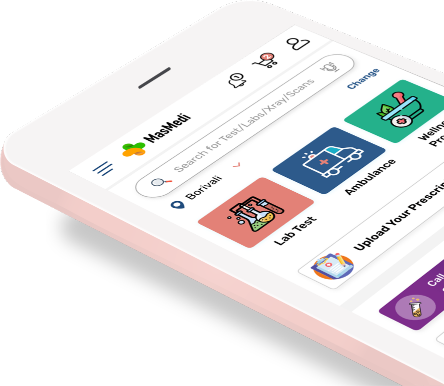Sample Type
Gender
Age Group
Urine
Male/Female
All Age Group
Aluminum test is a routine Aluminum screening to monitor Aluminum toxicity in dialysis patients. It's also helpful to check metallic prosthetic implant ware. Aluminum is a heavy metal and is obtained by environmental exposures. Common sources of this metal are manufacturing items, paints, solvents including air, water, and soil pollution. Accumulation of Aluminum in excess of preferred value(5-10 mg) is toxic and fatal for brain and bone. Brain deposition has been regarded as a serious cause of dialysis dementia, where bone accumulation interrupts normal calcium exchange. The bone calcium becomes unavailable for blood resorption under the physiological regulation of parathyroid hormone and causes secondary hyperparathyroidism. On the other hand, prosthetic devices made by multinational companies are made of Aluminum, vanadium and titanium cause increased serum Aluminum quantity among patients with metallic joint prosthesis. The test is a quantitative analysis of Aluminum levels in the blood to diagnose heavy metal poisoning and its harmful effects.
best labs
Option Near Youlab comparison
As per your budgetAffordable
Price GuaranteedUNBIASED ADVICE
On LabsSUNDAY LAB
Labs available on SundaysTracking health status made easy with the app. Now available on both Google Play Store and App Store. Book health tests and access your smart reports and health trackers anytime anywhere.
